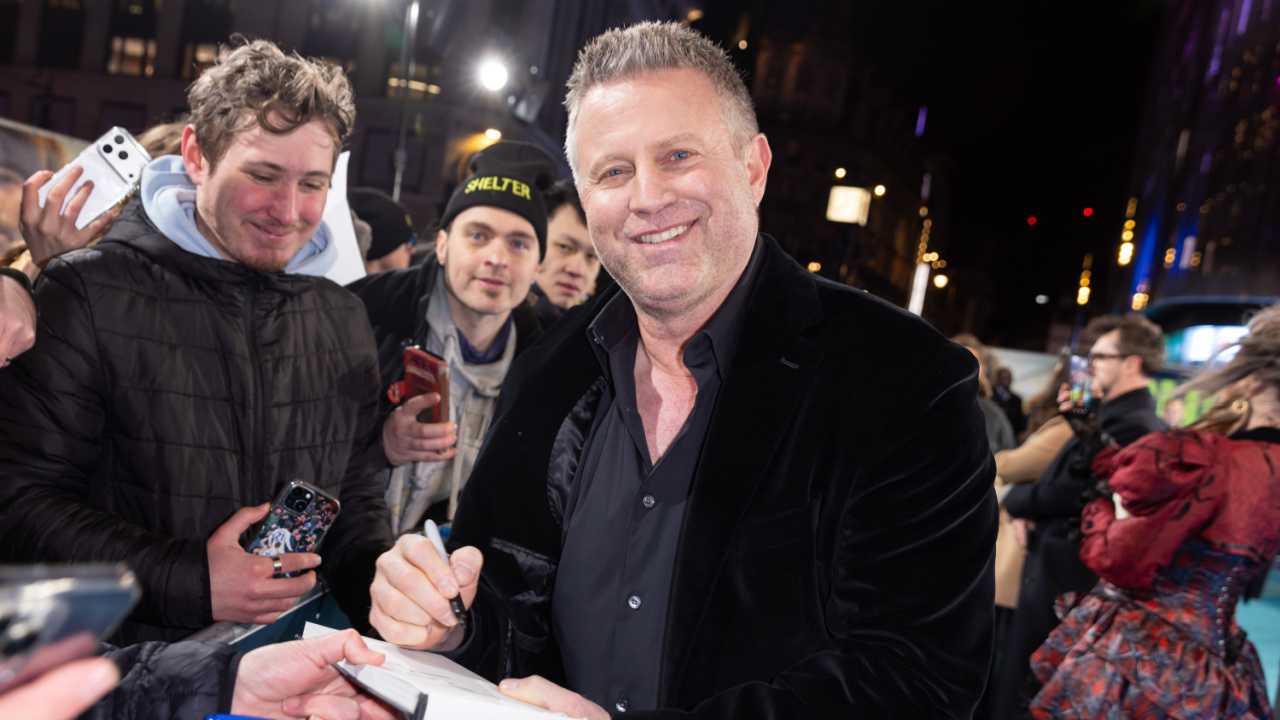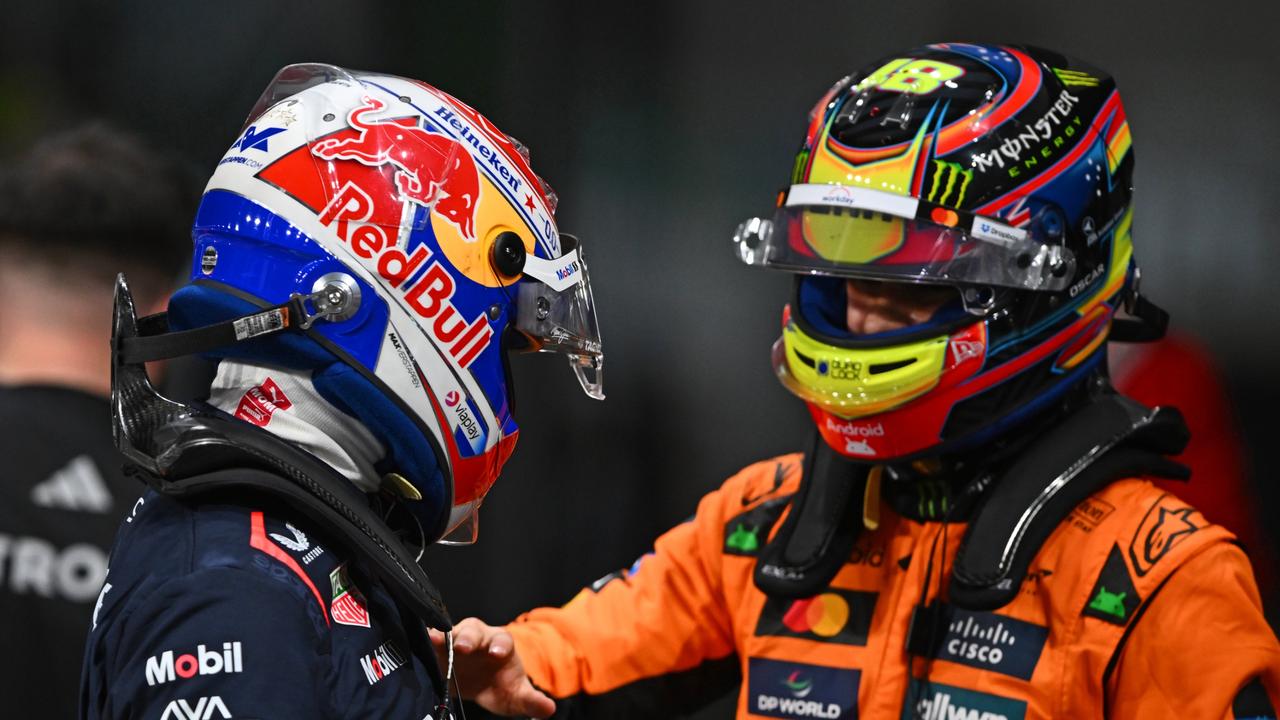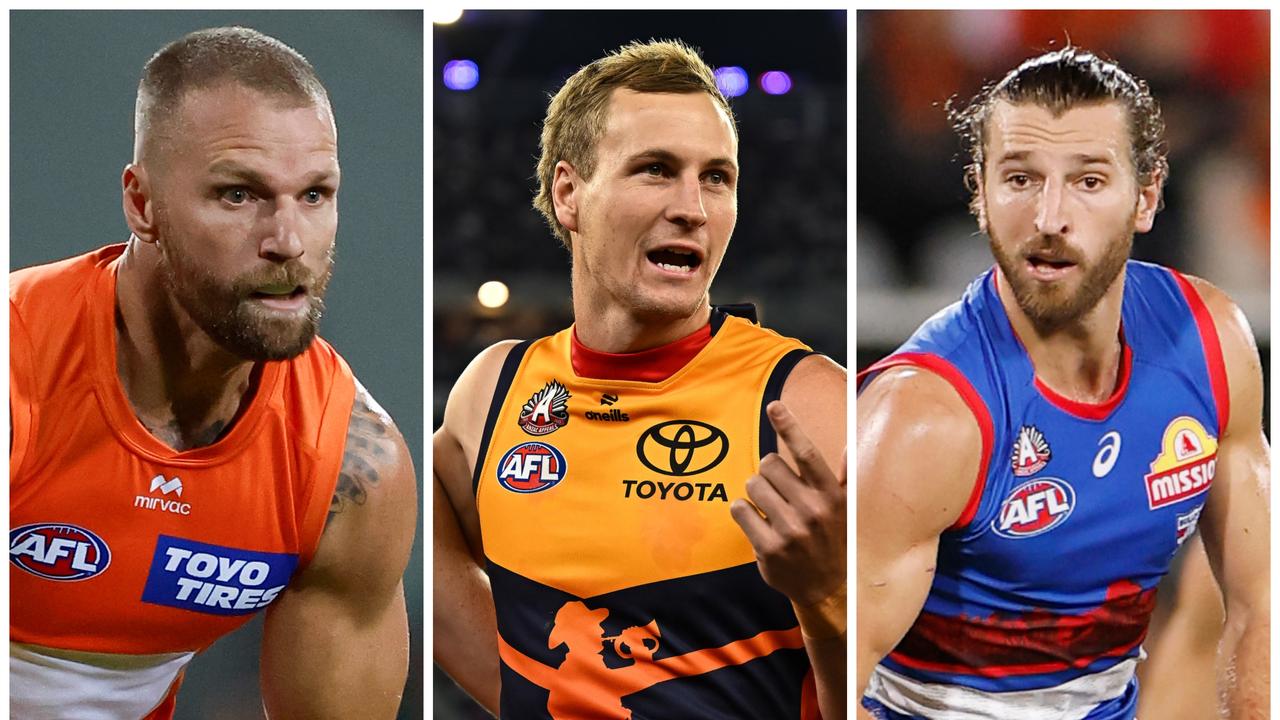A driver never knows how they’ll deal with the pressure of fighting for a world championship until they’re in the thick of the battle.
Luckily for Oscar Piastri, he has an ace up his sleeve.
His manager, Mark Webber, has been there and done that.
Fox Sports, available on Kayo Sports, is the only place to watch every qualifying session and race in the 2025 FIA Formula One World Championship™, LIVE in 4K with no ad-breaks during racing. New to Kayo? Get your first month for just $1. Limited time offer.
Nine-time grand prix winner Webber’s Formula 1 career was something of a slow burn, with a series of false-move team choices forcing him to wait until his eighth season for his first grand prix victory.
But the 2009 German Grand Prix burst the dam. By the following year he was competing for the championship alongside teammate Sebastian Vettel and previous title winners Fernando Alonso and Lewis Hamilton.
After having led the championship in its final months — the last time an Australian topped the standings before Piastri took top spot last time out in Saudi Arabia — Webber took the title down to the wire but fell short in a battle gone wrong with Alonso around the difficult-to-pass Abu Dhabi.
Vettel, having not led the championship at any point all season, sailed to victory and his maiden title.
Webber was variously in championship contention over the following three seasons as Red Bull Racing’s hold on the sport waxed and waned. Though he never got as close as he did in 2010, the battles with Vettel were no less fraught — if anything, the complexities of the intrateam championship fight made the situation only more difficult to handle.
Several times Webber strongly insinuated that Vettel was being given preferential treatment as the team’s homegrown talent. When he wasn’t arguing for parity, Red Bull motorsport adviser Helmut Marko was regularly chastising him for some perceived underperformance.
He bowed out of Formula 1 at the end of 2014 with three third-place title finishes to his name but loaded up with invaluable lessons from racing at the front.
Not yet done with motorsport, he took those lessons to the World Endurance Championship, where he finally made himself a world champion with Porsche in 2015. At the end of the following season he took his title-winning lessons into retirement.
But it turned out his Formula 1 days weren’t quite over, and just a few years later he would cross paths with the Piastri family and take a young Oscar under his wing.
And just over a decade on from his title-contending years, those lessons are being put to good use again.
PIT TALK PODCAST: Lewis Hamilton’s Ferrari dream has turned into a nightmare, and the seven-time champion says he can’t see light at the end of the tunnel this season. How did it all go so wrong in just five grands prix? Plus Christian Horner and George Russell have reportedly sounded each other out over 2026 availability in an early start to the silly season.
‘HE’S VERY SOLID’
Webber’s approach to management stems from a crucial inflection point in his own junior career — in 1997, when his cashflow began drying up just as he spied a path to Formula 1.
He was given a lifeline by Wallabies icon David Campese, who brought him into his fledgling management company and loaned him the funds needed to continue racing.
“It was an extraordinary gesture that let us battle on,” Webber wrote in his autobiography Aussie Grit. “I have never forgotten about hunger, determination — and the need to lend an occasional hand.”
Webber would pay forward that gesture by setting up his own management company, which would eventually induct Piastri into its ranks.
“While they still need to possess that raw hunger, drive and determination, it seems only logical that young drivers should learn from what I achieved or how I coped with all those setbacks on the way through,” he wrote. “David Campese, just to repeat the clearest example, was trying to give a young Aussie bloke wings when he helped me all those years ago.
“In motor racing and elsewhere I want to give something back in my own modest way in terms of helping people realise their potential.”
In Piastri’s case, Webber’s guidance extends beyond helping him reach his potential just on the track, where the Melburnian is clearly gifted with significant natural talent.
Instead the Queanbeyan native is able to impart to his younger charge the knowledge and qualities that carried him through those gruelling years at Red Bull Racing.
Part of that will be about absorbing the pressure of contending for the championship — though Piastri’s lifelong long-wavelength attitude is unlikely to have had him need much coaching in how to keep cool.
But the challenge of battling a teammate for the ultimate prize — and the internal politics that inevitably follow — will be valuable intergenerational wisdom.
‘WOW!’ Piastri stuns with Lewis overtake | 00:43
You can be sure, for example, that Webber’s various run-ins with Vettel will remain top of mind for some time year, whether it be their crash at the 2010 Turkish Grand Prix or the messy multi 21 saga in Malaysia in 2013.
That’s particularly the case given McLaren CEO Zak Brown has predicted that his two drivers crash into each other on track in pursuit of the championship.
“You haven’t seen that really epic battle yet; I think it’s a matter of time,” he told the UK’s Channel 4.
“They will race each other cleanly and hard.
“It’s not if something happens, it’s when something happens.
“We will talk it through, learn from it. You can’t have two drivers like we have and not expect some excitement from time to time.”
But perhaps even more pertinent given McLaren’s development approach in previous years is for Webber to ensure that both drivers always have access to equal machinery. Who could forget Webber’s famous ‘not bad for a number two driver’ quip after beating Vettel to victory at the 2010 British Grand Prix with an older specification front wing.
At this stage the Webber-Piastri partnership is far less about the driving itself than it is about managing the aspects that feed into Piastri’s ability to perform.
Now, in just his third season in Formula 1, it’s unsurprising that more than a few observers have noted the way he goes about his business is already more than just reminiscent of Webber’s no-nonsense attitude from his heyday.
“He’s very solid,” Max Verstappen said after being beaten to victory in Saudi Arabia. “He’s very calm in his approach, and I like that.
“It shows on track. He delivers when he has to, barely makes mistakes, and that’s what you need when you want to fight for a championship.
“I think with Mark by his side, he’s helping him a lot. It’s great.
“People learn from their own careers — that’s what I had with my dad, and Mark is advising Oscar.
“At the end of the day Oscar is using his talent, and that’s great to see.”
‘F**** lovely’ – Max FUMES after penalty | 01:41
MIAMI MILESTONE
Praise for Piastri’s approach to his first title-contending year comes as he becomes the first Australian to lead the drivers championship standings since Webber 15 years ago, in 2010.
He’s in excellent form, having won three of the previous four grands prix with a third-place finish completing the run.
It’s the best set of four results for an Australian since Alan Jones collected three wins and a second place over the 1980 and 1981 seasons.
This weekend’s Miami Grand Prix should be another strong race, Piastri having been the quicker McLaren driver here last year despite Norris being able to capitalise on a mid-race safety car to win the grand prix.
If Piastri can avenge that lost victory and mount the top step this Sunday, he’ll be the first Australian to win three grands prix in a row since Jones in 1979, when he won the German, Austrian and Dutch grands prix in succession.
Jack Brabham holds the Australian record for successive victories, having racked up five in succession on his way to the 1960 world championship.
“Oscar is a pretty strong minded young kid. I love him,” Jones told the Back Page.
“He doesn’t show off. He doesn’t dance all over the place. He’s just a strong individual, and that’s exactly what we need to get the job done.
“He’s got an old head on young shoulders. He’s very, very mature. He’s very laid back. He’s not easily ruffled, whereas I think his teammate is a little bit the opposite way.
“I think the teammate could be blown out quite easily, and I think Oscar will take advantage of that.
“He’s got the brains and the strength to do that. He’s very laid back, he doesn’t say much and he gets on with it, which I love.
“Out of the car he’s quiet, but when he gets in the car he grows horns, and that’s what you want.”
Piastri outduels Max to win Saudi GP | 03:22
NORRIS BACKS HIS SELF-GUIDED APPROACH
All that stands in stark contrast with the experience of Lando Norris, who is fighting for his first title without the benefit of a similar formal mentor figure.
Unlike Piastri, he’s walking blind into the championship challenge and hoping the tools he’s already developed in his career will be enough for him to get his hands on the trophy.
That’s formed a distinct difference in attitude between him and Piastri. Whereas the Australian is perpetually cool, calm and collected, Norris wears his heart far more on his sleeve, as has been especially evident during his various struggles this year.
His self-flagellation was particularly spectacular in Bahrain, where he qualified an uncompetitive sixth behind first-time pole-getter and eventual winner Piastri, putting the Australian in a position to take the points lead at the following round in Saudi Arabia by winning the race.
But it’s led to speculation that Norris doesn’t have the mental toughness to compete for the title against the unflappable Piastri.
“[Norris] is quite quick, there’s no doubt about that,” Jones told the Back Page. “But mentally I think he’s quite a weak person.
“H’s dwelling on some of the problems he’s had rather than the positives.
“When they start talking all that nonsense, you know you’ve got them.”
Norris, however, sees his self-guided approach as a positive for his performance.
“It would be even harder for me to not show any of these things,” he said. “A lot of it is just getting my frustration out.
“Saying things I do, I don’t think necessarily have a bad impact on myself negatively. I’ve done it so much my whole life, I’ve learned how to block my own comments away from my thoughts.
“Maybe sometimes I lack a bit of self-belief, and I have done in the past, but this is just also me. It’s the way I do things. It’s the way I work. It’s what has made me as good as I am, and probably maybe at times has limited me from becoming a better driver.
“But I know what I can do, and I’m happy.”
This doesn’t have to be a zero-sum game. Both Piastri and Norris have clearly found approaches they believe work for them, and it could be as simple as that.
But the fact that they’re taking on the sport in such different ways makes this a particularly fascinating match-up.
Will Norris’s earnt experience and self-guided approach pay off?
Or will the relatively inexperienced Piastri capitalise on Webber’s vast databank of experience to compensate and eventually emerge ahead?






































Discussion about this post